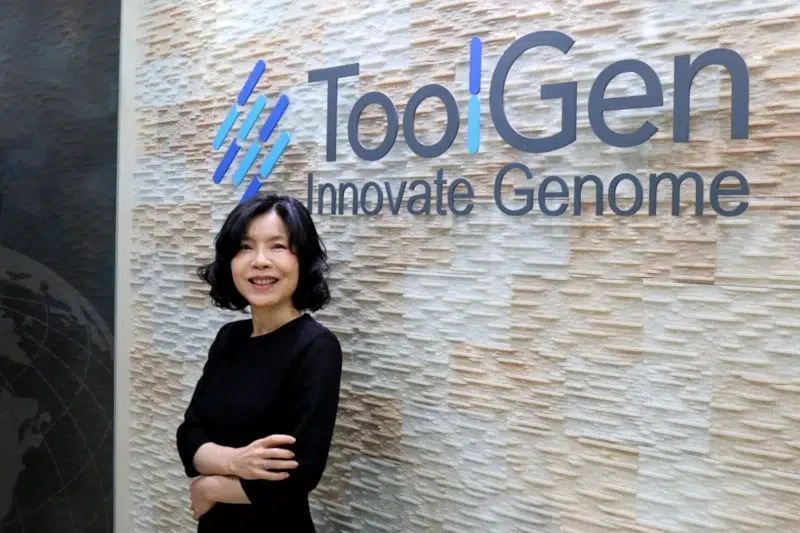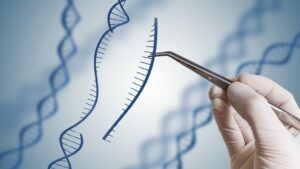For background on this story see our recent feature on the CRISPR patent landscape.
ToolGen, a South Korean biotechnology company, has entered the CRISPR patent fray, challenging the claims of two prominent research institutions: the Broad Institute of MIT and Harvard, and the University of California, Berkeley (UCB).
ToolGen says that it invented the use of CRISPR in eukaryotic cells, such as animal and plant cells, before the Broad Institute and UCB. Eukaryotic cells are the basis of most living organisms, and the ability to edit their genomes is crucial for the applications of CRISPR. ToolGen says that it filed its patent application in October 2012, while the Broad Institute filed in December 2012, and UCB filed in March 2013.
Yoori Kim, the chief legal officer of ToolGen, granted Seed World Canada an interview about the situation (both the Broad Institute and UCB declined to be interviewed, but the former did provide some supplementary information for this story).
“We have strong evidence and arguments to support our claims. We have been working on this technology for a long time, and we have made significant contributions to the field of gene editing. We believe that we deserve to be recognized and rewarded for our innovation,” Kim says.
Despite being an “underdog” in the CRISPR battle, ToolGen is determined to make its mark on the history of CRISPR, she adds.
In the United States, the Patent Trial and Appeal Board (PTAB) is currently considering who was first to invent the CRISPR-Cas9 gene-editing technology. ToolGen argues that it was the first to use the technology in plants and animals. The PTAB named ToolGen the senior party in the proceedings, which means the burden of proof is on UCB and the Broad Institute to show they developed CRISPR-Cas9 to practice before ToolGen.
What Notable Companies Have Licensed CRISPR-Cas9 to Develop Products?
Corteva Agriscience (which declined to be interviewed for this story) boasts the largest collection of patents related to CRISPR technology in agriculture globally. The company possesses non-exclusive global rights to the Broad Institute’s CRISPR-Cas9 patents specifically for agricultural purposes. Moreover, Corteva holds exclusive global rights to UC Berkeley’s CRISPR-Cas9 technology for major row crops, alongside non-exclusive global rights for all agricultural uses and applications.
Additionally, Corteva has secured a license from ERS Genomics covering agricultural applications in plants. The company also possesses its own patents, including those associated with its CRISPR-Cas waxy corn product.
Bayer, BASF and Syngenta all hold non-exclusive rights to the Broad Institute’s CRISPR-Cas9 technology for its application in agriculture. Bayer also possesses non-exclusive rights to ERS Genomics’ CRISPR-Cas9 technology.
However, with the exception of Bayer, whose legacy company Monsanto obtained a license from ToolGen in 2017, Corteva, BASF, and Syngenta could be required to secure a license from ToolGen if ToolGen emerged as the ultimate winner of the CRISPR battle, according to Yoori Kim, chief legal officer for ToolGen.
How is CRISPR-Cas9 Licensed for Commercial vs Non-Commercial Use?
The developers of CRISPR-Cas9 have provided free access to the technology for individuals engaged in non-commercial research. In essence, this offer extends to those conducting fundamental laboratory investigations within public universities.
For the commercialization of products arising from CRISPR-Cas9 applications, the developers who hold the foundational patents have established intermediary entities. These surrogate companies facilitate the licensing of CRISPR-Cas9 patents to global enterprises, enabling them to leverage the technology in the development and commercialization of products.













